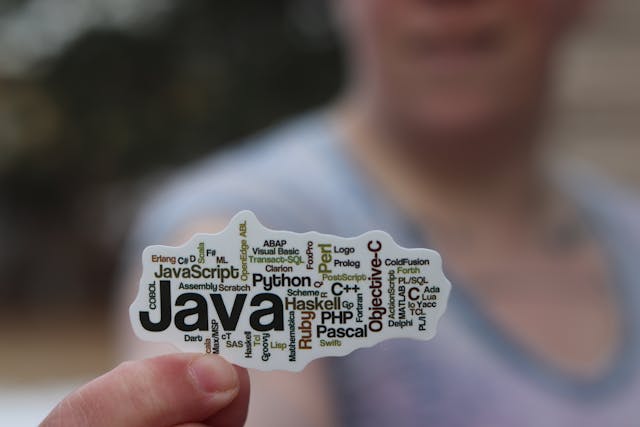Is Scrum Master Training Worth it in 2021?
A Scrum Master may sound like a character from a role-playing game, but it’s a serious leadership position. Scrum masters are in charge of ensuring that Scrum is correctly implemented during the project, streamlining processes for the organization, the product owner, and the Scrum team.
Table of Contents
Scrum Framework
Scrum is a framework that allows teams to work on complex projects and deliver high-value products by approaching problems adaptively. It’s a simple, straightforward, and easy-to-implement way to handle projects, enabling pivots, encouraging continuous feedback, and facilitating tasks to fulfill a customer’s needs more accurately.
Who is a Scrum Master?
A Scrum Master is an individual who assists others in understanding Scrum and assists the project team by eliminating roadblocks. He also helps with breaking down the complexity of the mission into well-planned actionable tasks in time-bound sprints. The Scrum Master must therefore ensure that the implementation team adheres to Scrum’s core principles. He is also referred to as the team’s mentor, aiding them in doing their best work. Furthermore, he ensures the enterprise’s Scrum adoption is successful.
Responsibilities of a Scrum Master
The Scrum Master is the project’s heart and soul, carrying out activities such as:
- Ensuring that the organization achieves its business goals
- Helping the staff to work collaboratively
- Preparing and grooming the team and running sprint demonstrations and sprint retrospectives
- Ensuring that Scrum procedures are driven, and the Scrum principles are upheld
- Encouraging best technical practices such as test-driven development, automated testing, and continuous delivery
- Ensuring that all parties are present at the conference at the appointed time
- Collaborating with other team members to ensure that dependencies and risk are spread evenly across Scrum teams
- Writing and validating requirements, as well as undertaking feasibility tests
How Can You Become a Scrum Master?
How does one go about being a scrum master? Certification is the most direct path to become a scrum master. The Scrum Alliance offers the designation of a Certified ScrumMaster® (CSM®) to qualified Scrum Masters who attend the training by an accredited Registered Education Provider and demonstrate their knowledge by passing the CSM exam.
The scrum master training process teaches the Scrum framework’s basics and assists in familiarizing you with team tasks, activities, objects and laws, and other scrum terminology and procedures. With Scrum Training and legitimate work experience, a Certified ScrumMaster would advance their career in several industries. A certification reveals that you have a solid understanding of the scrum method and how to work with other scrum professionals and improve continuously.
Requirements for Scrum Certification Training
While there are no clear qualifications for CSM qualification, it is often advised that you have a basic knowledge of Scrum concepts and familiarity with the overall Scrum operation.
Salary of a Certified Scrum Master
A licensed ScrumMaster earns between $70,000 and $100,000 per year, depending on the industry and location. Since certification offers an independent third-party check of qualifications, it allows a scrum master a more viable choice for the work.
What are the Advantages of being a Scrum Master?
The following are some of the advantages of getting a CSM certification.
- Maintains your relevance and marketability in all business fields, allowing you to advance your career.
- A CSM curriculum aims to teach improved skills for better Scrum execution.
- Scrum Training also allows you to distinguish yourself from the rest of the Scrum world.
- This training helps an individual learn about the workplace, which is beneficial to the company’s development.
- The Scrum Training enables a specialist to work under a Scrum master.
- With this credential, the participant will have access to local organizations, networks, and two years of Scrum Alliance membership.
Objectives of the Scrum Training
- Master Scrum fundamentals and principles.
- You should be able to start using Scrum right away.
- Learn how to decide when Scrum can be used.
- Learn about Scrum ceremonies and artifacts.
- Learn about the three main roles and responsibilities in Scrum.
- Understand what differentiates Scrum from other approaches such as Waterfall and other Agile methodologies.
Ending Note
Scrum Masters are precisely Professionals at Scrum. They counsel and educate the Scrum team on best practices and facilitate collaboration,. Scrum Masters can be the key differentiators for successful teams.









